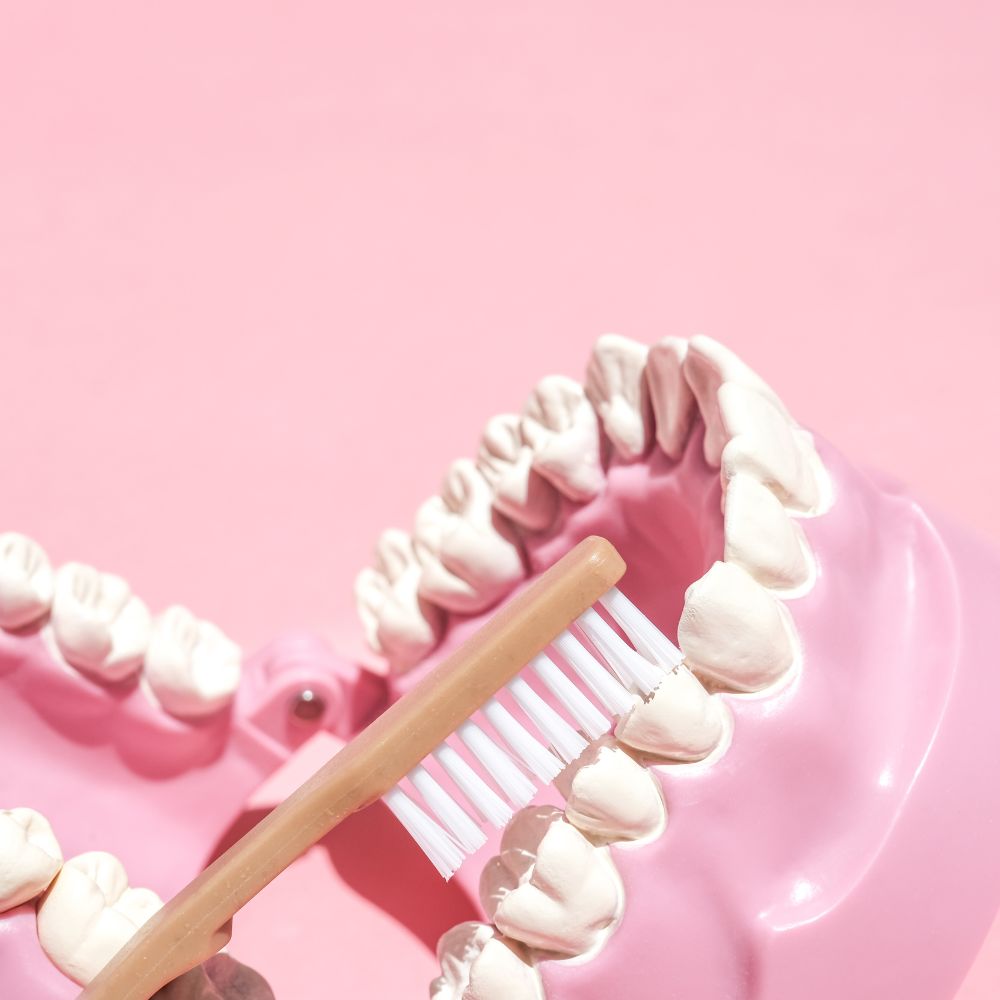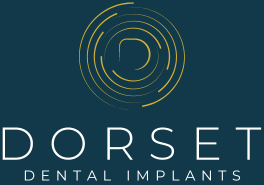Dental Sedation
Dental sedation is the most common way to treat a patient’s anxiety around dental treatment. From £550.

Anxiety Around Your Next Dental Treatment
If you suffer from fear of going to the dentist, you are not alone.
This is one of the most common phobias. Dorset Dental Implant Clinic offers several sedation solutions to make your visit and treatment as stress-free and painless as possible.
For many patients, the idea of allowing a dentist to work on their teeth can be very troubling and may even discourage a person from seeking dental treatment altogether.
Avoiding the dentist can have serious health risks, let alone depriving you of the perfect smile! However, this does not need to be the case.
If you are a nervous patient, all you need to do is let us know, before your appointment.
Our expertise at Dorset Dental Implant clinic can offer you dental sedation tailored to your requirements and help calm any fear you have about your upcoming appointment.
How Dental Sedation is Used
There are many situations in which dental sedation is appropriate.
These can be client needs, for example, a low pain tolerance, extra-sensitive teeth, difficulty sitting still, or anxiety from a fear of dentists, medical environments, pain or dental equipment like drills and needles.
Or, these can be the requirements of the procedure.
Even the most steel-nerved patients would prefer sedation or anaesthetic during long, complex procedures such as a full set of implants.

Different Types of Sedation
Essentially, the level of dental sedation you receive is entirely up to you. This means it is important to make an informed decision.
Three types of dental sedation are available: inhalation, oral, and IV sedation.
Inhalation sedation, though highly effective, is the mildest of the three. All dentists are qualified to administer this method, in which the patient breathes in a mixture of Oxygen and Nitrous Oxide, leaving them feeling comfortable, relaxed, happy, and desensitised to pain.
Inhalation sedation is also safe for children. Patients recover from the effects of sedation immediately after treatment.
Oral sedation is given by use of a pill, taken by mouth. Typically, the drugs used are benzodiazepines.
While some patients may fall asleep when sedated orally, they will remain able to be awakened easily.
A trusted friend or family member must collect a patient sedated this way after treatment, for it will be several hours before the effect wears off. Orally sedated patients usually cannot return to work until the day after treatment.
The deepest level of sedation available is intravenous, or IV, sedation. This requires an anaesthetist or a dentist specially trained to administer safely and can put a patient into a fully unconscious state, although it is also possible for an IV-sedated patient to remain awake if that is the desired effect.
Call 01202 973300 to explore sedation more.
